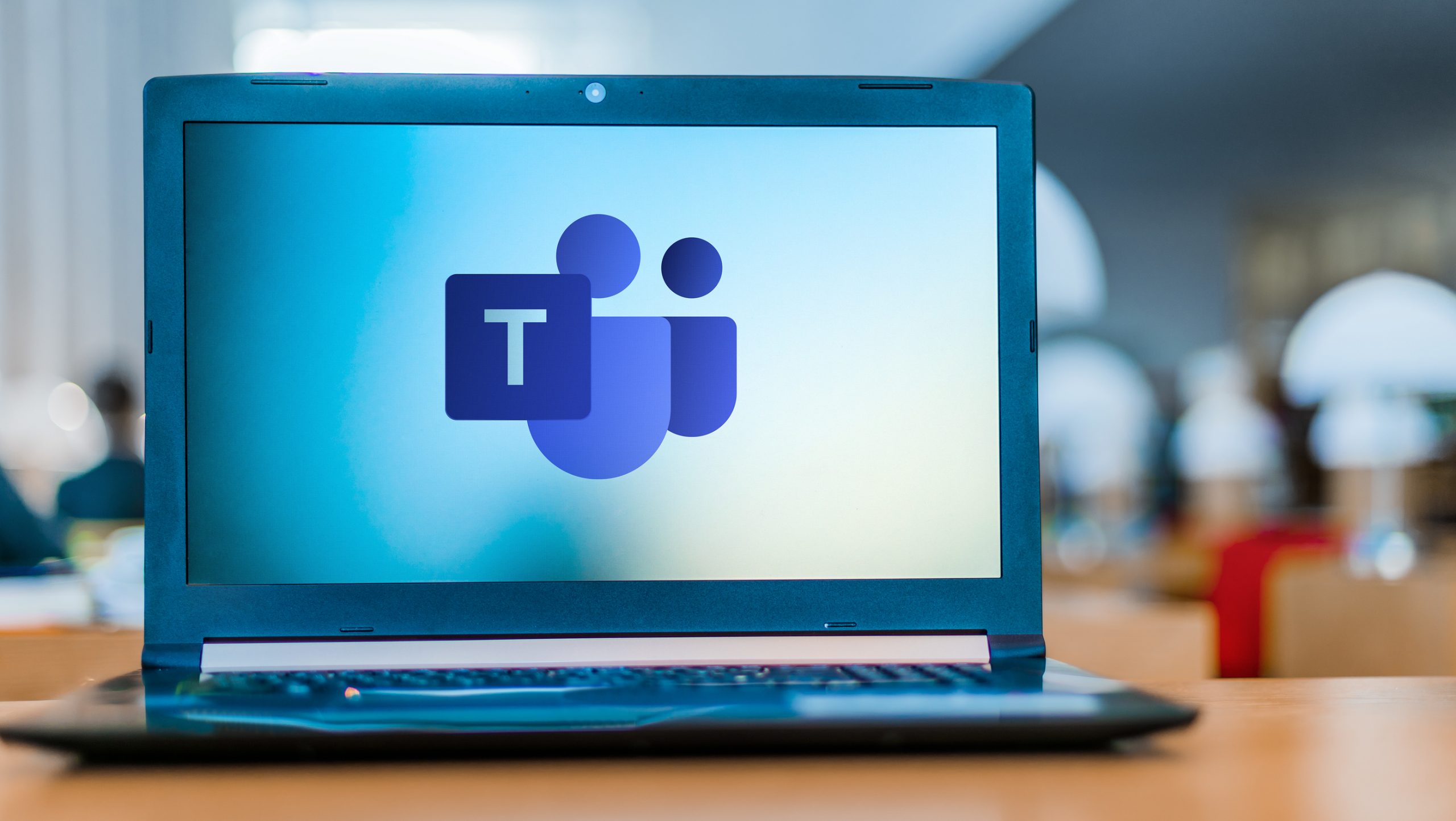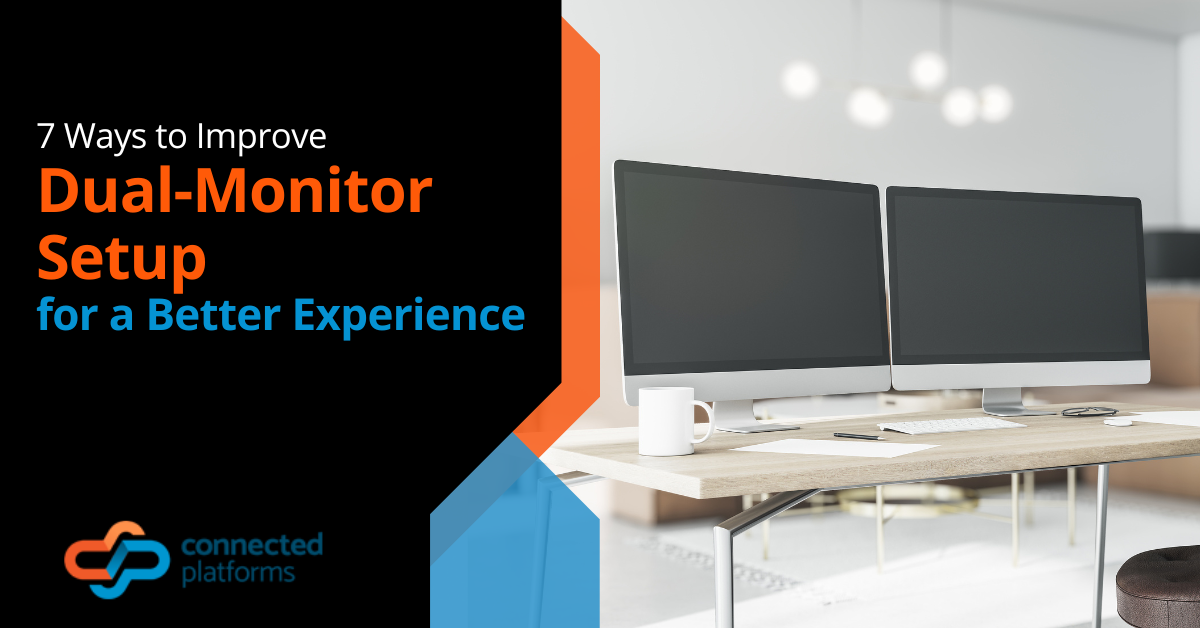Did you know that Microsoft teams can become a full enterprise-class phone system under Microsoft Business Voice?
Companies that did not have a cloud-based phone system were at a big disadvantage when they had to close their buildings during the COVID-19 lockdown. Communications are one of the most vital areas of any business operations and keeping everyone connected when they can’t be in the same place requires cloud-based systems, like VoIP.
This is why one of the most popular platforms used to keep people connected during the pandemic is Microsoft Teams.
The platform saw an increase of 12 million users in just a single week and during the pandemic, the use of video conferencing has doubled.
A benefit of using Teams is that it keeps all business communications in a single place, ensuring that information can be properly secured. It also keeps important details and communication trails from being lost because they were saved on an employee-owned device instead of a company platform.
But until recently, Teams only included connection with other Teams users, not as a business phone system… but that’s now changed.
Companies now have the opportunity to truly handle all communications from a single platform, including calls to and from landline phones through their business lines.
Introducing… Microsoft Business Voice
On April 1, 2020, Microsoft announced that its new VoIP phone service, Microsoft Business Voice was available in over 70 countries.
What this service does is turn Microsoft Teams into a full-featured, enterprise-class VoIP phone system.
By adding VoIP into Teams, you not only can reduce the number of different cloud services that your company uses (if you’re already using another VoIP service), you also get full integration with the Microsoft 365 platform.
This means better productivity, more fluid workflows, and more. Here are the advantages of adding Microsoft Business Voice to your Teams interface.
Cost Savings
For businesses that are still using landlines, switching to VoIP can save them significantly. Costs just for hardware setup can mean a savings of more than AUD $1,300 over traditional PBX systems.
Other savings include lower costs for international and local calling and monthly service fees. You also do not have to pay for regular servicing and maintenance of equipment when using VoIP.
Answer Your Phones Anywhere
If your office has to close due to a pandemic or any other kind of disaster, you don’t have to worry about missing calls. Using Microsoft Business Voice in Teams allows you to answer your phone lines from anywhere.
This is also extremely helpful when you have employees that work remotely part of the time. They don’t have to forward their line or give out two different numbers to people.
Calls can be placed or answered from a computer, mobile phone, or a special VoIP handset. This gives you an important system as part of your business continuity planning.
Keep Your Numbers
One thing that businesses worry about when transitioning to VoIP is that they’ll have to change a phone number that they’ve had for years. That’s not the case.
With Microsoft Business Voice you can port over your current numbers to the new system and easily add new phone numbers whenever you need to.
Enterprise-Class Features for the Cloud
You’ll get all the features you expect from a phone system, plus some that are only able to be done by a cloud-based platform (like automatic voicemail transcription).
Here are just a few of the features you’ll have added to calling in your Teams interface:
- Call escalation
- Auto attendants
- Custom contact groups
- Call transfer and handling
- Call queues
- Custom ringtones
- Location-based routing
- Direct routing
- Three-way calling
- Speed dial
- Shared line appearance
- Voicemail to email
- Out of office support
- Simultaneous ring
- Real-time captioning in meetings
Uptime Guarantee
Most landline-based phones aren’t going to give you the type of uptime guarantee that Microsoft offers for their Business Voice service.
You get a 99.9% uptime guarantee, which is provided from built-in redundancy and load balancing. This mitigation of downtime is another feature of using a cloud-based phone that isn’t available when it comes to traditional analog phone lines.
All the Capabilities of a Traditional System
Are you worried about receiving calls from those that don’t have an internet connection? That’s how the VoIP addon differs from Teams without VoIP.
Microsoft Business Voice can enable calls with all types of phones, that includes mobile phones and landlines that aren’t connected to the internet.
You have the ability to call domestically and internationally. Audio conferencing is also part of the platform and people don’t need to have a Teams account to join you for a conference call.
Bring Your Own Calling Plan
If you have a specific calling plan with a 3rd party that you’d like to continue using, such as a call center, you can bring this over to be compatible with Microsoft Business Voice in Teams.
Is It Time for You to Upgrade to VoIP?
The pandemic has made many Brisbane businesses rethink their communication systems. Is it time for an upgrade to VoIP for business continuity? Connected Platforms can help!
Contact our small business IT support Brisbane team today for a free VoIP consultation. Call 1300 866 096 or book a coffee meeting online.




